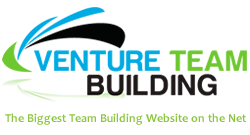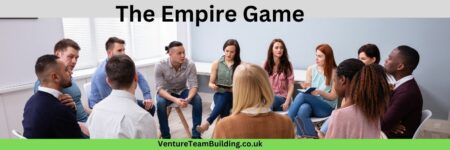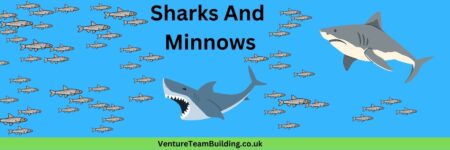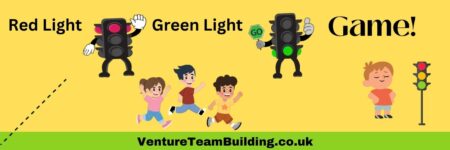Reflection is a process that starts with looking back on an experience or activity, analysing it through the use of questions, learning from it and then using the lessons learned in the future when doing a similar experience. This can be done either as reflection in-action (during the activity) or on-action (after the activity).
Reflection provides both individuals, small groups and teams with the opportunity to establish connections between new and existing knowledge and to deepen their level of understanding through self-discovery and learning through active experimentation.
The Woodcutter
There once was a woodcutter who spent every day cutting down trees.
The company he worked for paid by productivity and so each day the woodcutter tried to cut down one more tree than the day before.
The company was doing so well that they took another woodcutter and every day the two would go into the forest and cut down trees.
After a few days the woodcutter noticed that his new colleague seemed to be cutting down more trees than he was, but try as he might he couldn’t keep up with him. Eventually, being really fed up with this, he asked the man how he managed to cut down so many trees.
The new woodcutter said, “Each time I cut down a tree I stop, take a few minutes to sharpen the blade of my axe, and then I cut down another tree. Then I stop and sharpen the blade.
Lessons from the Woodcutter: When was the last time you sharpened your axe?
- Think about reviewing your skill set and look at ways to develop.
- Realise that there is always something new to learn.
- Be open to learning new skills and techniques.
- Learn from other peoples success and failure.
- Don’t be afraid to ask questions to improve.
How to use Reflective Practice?
- Make time for individual reflection to look back on an experience and to understand the why.
- Relate this to what you have seen others do.
- Record your reflection in some way – scrapbook, photos, video, writing – and using this in supervision, mentoring and appraisal discussions to help direct future learning.
Reflective Practitioners
- Reflective practitioners take account of what others say and actively seek opportunities to gain others viewpoints.
- Reflective practitioners experiment with practice, they try out new ideas and techniques to expand their knowledge, experience and expertise.
- Reflective practitioners move practice forward – By role modelling new ideas, by aiming to improve each time they work, by encouraging peers to develop the same practice.
- They develop a personal theory of practice.
Models of Reflection
The most inadequate reflectors are those which merely describe what happened during the activity or learning workshop. On its own, this is of little or no value and doesn’t help the learning stick.
Learning through reflection is far more effective if you have an understanding of frameworks that encourage a structural process to guide the act of reflection. Various models have been developed which may suit individuals or particular situations. It is a good idea to research these models. It is however, important that you choose the framework that you feel most comfortable with and which helps you in learning from your experiences.
Rolfe et al (2001 Framework for Reflective Practice)
Rolfe et al’s (2001) reflective model is a very useful framework for reflection based on three simple questions. I use these questions at the end of my workshops during both the individual and group reflection stages to get learners to think about what they have done and how it can be used in the future.
What? Description of the activity or event
- What happened?
- What did I see/Do?
- What was I trying to achieve?
- What actions did I take?
So what? Analysis of the event
- How did I feel at the time?
- What were the effects of what I did (or didn’t do)?
- So what could/should I have done to make it better?
- What is my new understanding of the situation?
Now what? Proposed actions following the activity
- What are the implications of what I have described or analysed?
- How can I modify my practice?
- What can I learn or develop to move forwards?
Gibbs Reflective Cycle
One of the most complete models of reflection is provided by Gibbs (1988). The model makes explicit the need for conclusions and action planing. 
The trigger questions suggested are shown below:
Stage one: Description of the event
What happened? Don’t make judgements yet or try to draw conclusions simply describe.
Stage two: Feelings
What were your reactions and feelings? Again, don’t move on to analysing just yet.
Stage three: Evaluation
What was good or bad about the experience.
Stage four: Analysis
What sense can you make of the situation? Bring in ideas from outside the experience to help you. What was really going on? Were different peoples experience similar? How did they vary?
Stage five: Conclusions
What can be concluded, in a general sense from these experiences? What can be concluded about your own specific, unique, personal situation? During this stage you should ask yourself what you could have done differently. Remember the purpose of reflection is to learn from an experience.
Stage six: Action Plan
What are you going to do differently in this type of situation next time? What steps are you going to take to ensure you have learned from this experience? Do you need to develop any additional knowledge or skills?





Hello! I simply would like to offer you a big thumbs up for your excellent information you have here on this post.
I’ll be returning to your blog for more soon.
Thanks.